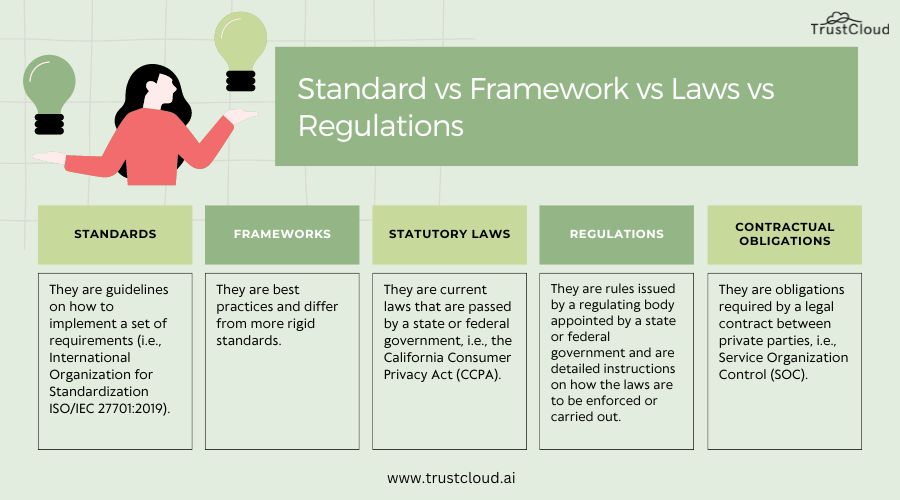Savor the Flavors: Bombay Beijing Fine Foods
Exploring the fusion of Indian and Chinese cuisines with delicious recipes and culinary tips.
Betting Regulation Frameworks: The Unsung Heroes of Fair Play
Discover how betting regulation frameworks ensure fairness and protect players—uncover the hidden heroes of the gambling world!
Understanding the Basics: How Betting Regulation Frameworks Ensure Fair Play
Understanding the fundamentals of betting regulation frameworks is essential for ensuring fairness and integrity within the gaming industry. These frameworks are established to protect players by enforcing rules that promote transparency and accountability among operators. By implementing strict licensing requirements, regular audits, and compliance checks, regulatory bodies can effectively monitor betting activities and ensure that they adhere to industry standards. This system not only helps to prevent fraud and corruption but also fosters trust between players and operators.
Furthermore, betting regulation frameworks are vital for responsible gambling practices. Many regulations require operators to provide resources that promote safe betting behaviors, such as self-exclusion programs and information on responsible gambling. This commitment to player welfare is crucial in maintaining an environment where individuals can enjoy gaming as a form of entertainment without falling into harmful habits. Overall, a comprehensive regulation framework serves as the backbone of a fair and safe betting industry, benefiting both customers and operators alike.

Counter-Strike is a highly popular first-person shooter game that pits teams of terrorists against counter-terrorists in various objective-based scenarios. Players can choose from a variety of weapons and strategies to outsmart their opponents. If you're interested in betting on esports, be sure to check out the cloudbet promo code for some exciting offers.
The Role of Regulatory Bodies in Maintaining Integrity in Sports Betting
The role of regulatory bodies in maintaining integrity in sports betting is crucial for establishing a fair and transparent environment for both operators and consumers. These organizations, often government-mandated, are responsible for setting the rules and guidelines that govern how sports betting is conducted. By enforcing strict regulations, they ensure that all parties involved adhere to ethical practices, preventing issues such as fraud, match-fixing, and money laundering. Moreover, they provide oversight through regular audits and inspections, which helps to build trust among bettors and enhance the legitimacy of the betting industry.
In addition to regulatory oversight, these bodies often implement educational programs aimed at informing bettors about responsible gambling practices and the risks associated with sports betting. They promote awareness about the importance of betting only through licensed operators, which further guarantees that the betting experience is safe and secure. By advocating for player protection measures and monitoring the industry closely, regulatory bodies play an indispensable role in nurturing a sustainable sports betting ecosystem that prioritizes integrity and accountability.
Key Challenges Facing Betting Regulation Frameworks: What You Need to Know
As the betting industry continues to expand globally, key challenges facing betting regulation frameworks have become increasingly apparent. Governments are tasked with creating a balance between promoting responsible gambling and protecting consumers against fraud and addiction. One of the most significant hurdles is the variance in regulations across different jurisdictions, which can lead to confusion for both operators and bettors. For instance, some regions may impose stricter age verification checks, while others might have fewer restrictions, undermining the effectiveness of regulatory measures.
Another challenge lies in the rapid evolution of technology, which complicates regulatory efforts. With the rise of online betting platforms, regulators must adapt to innovations such as cryptocurrency transactions and mobile betting applications. Failure to do so can create loopholes that unscrupulous operators may exploit. Moreover, the ongoing struggle to combat illegal betting activities adds an additional layer of complexity. Understanding the key challenges facing betting regulation frameworks is crucial for stakeholders as it will inform better practices that ensure a safer betting environment for everyone involved.